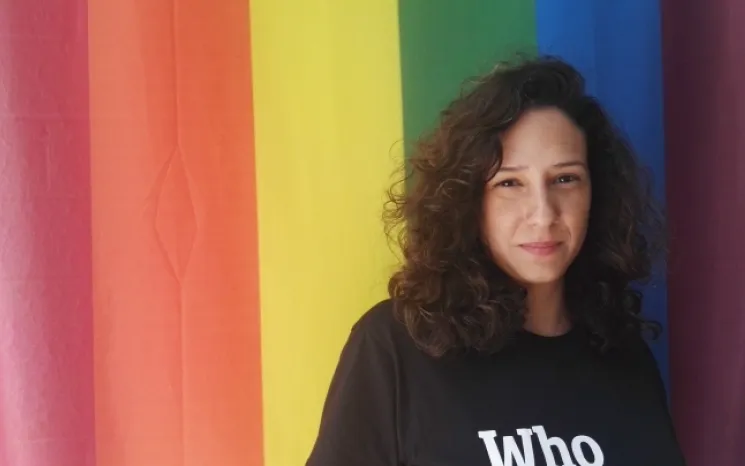
We talk to the partner of Marielle Franco, a sociologist, feminist, human rights activist and a person committed to the Afro and LGBTI movements in Brazil, who was murdered on 14th March 2018.
Monica Benicio was Marielle Franco’s partner until the day she was murdered. Marielle Franco, a sociologist, feminist, human rights activist and a person strongly committed to the Afro and LGBTI movements. She was the fifth most voted councillor in Rio de Janeiro and the second most voted woman in Brazil, and she was murdered on 14th March 2018. For just over a year, Mônica Benicio has taken it upon her to reclaim justice for this murder.
Two people have been arrested but Marielle’s assassination remains unsolved; what are the authorities doing?
One day before the first anniversary of Marielle’s murder, the two people accused were handed over to the police. They now await trial in prison. There is a limit as to how long they can be kept in custody and they may even be let out free. The killing of Marielle was a political crime; she was a democratically elected councillor. The investigation into her assassination is progressing more slowly now, and it is clear that some extremely powerful person is behind her murder; these killings often go unpunished and the perpetrators are usually not found.
The life and activism of Marielle: a black, lesbian woman from the Favelas and her assassination. Do they explain what is going on in Brazil?
The execution of Marielle was a message. Since the misogynistic coup against Dilma Rousseff in 2016, democratic movements in Brazil were resisting. After Marielle’s death, traditional politics started to be questions: white, macho, heteronormative men...the presence of Marielle was a demonstration against this status quo of traditional politics in Brazil. The social message after her killing grew and became more assertive. Marielle was searching for everything that was missing in politics.
What has changed in Brazil in the last year? How is LGBTI-phobia and racism acting out?
Resistance has increased; Marielle has become an icon, and her message has reached out to people. With the number of young black people being killed in Brazil, they thought Marielle’s body would be just another number, but they were mistaken. Many feel represented by this body: a black, lesbian from the slums...she has been a source of inspiration and strength to build a more just and social society.
Bolsonaro’s victory meant a strong blow to this democratic project, but still you resist; do you think it is possible to progress under Bolsonaro’s rule?
I like searching for the positive behind Bolsonaro’s election; I think the left were mistaken; they miscalculated the strength of the right and what it represented. Although in the run-off election the left regained some votes, it was not enough; but if you add the null and blank votes, the vote for the opposition and for Fernando Haddad, they have a majority.
The fact that Bolsonaro is in power is a symptom of a society that is ill, a society that thought violence would bring a solution to the ills affecting Brazil. Many regret their decision now, because it has been made obvious that Bolsonaro’s project is one of violence and regression.
In today’s context, where do LGBTI rights stand?
What we see is a growing violence every day, with a president whose discourse is clearly LGBTI-phobic and misogynistic. We have seen cases of corrective rape against lesbians and Brazil has the highest figures of trans women killings and violent deaths of LGBTI persons. The perpetrators and violent guys feel legitimized by the president’s discourse.
At an international level, it’s extremely important for governments and international organizations to push for putting an end to this escalation of violence and regression in our rights.


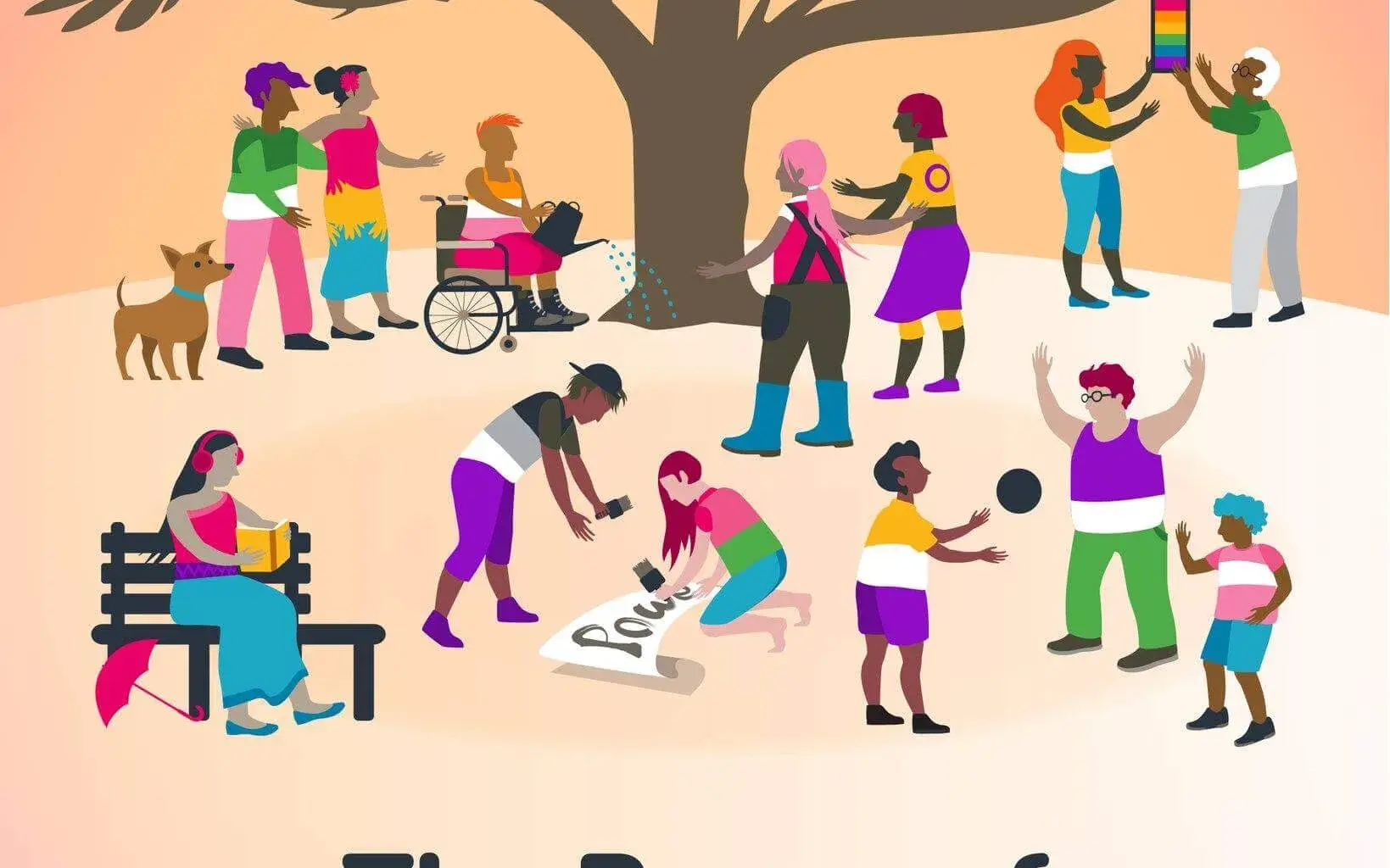
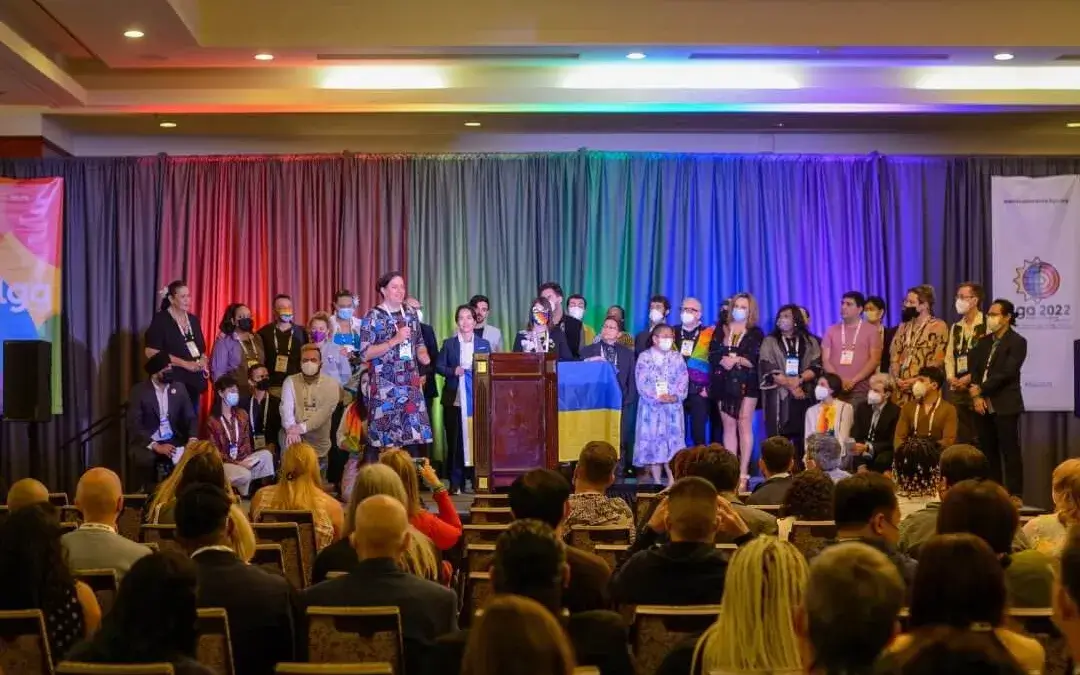
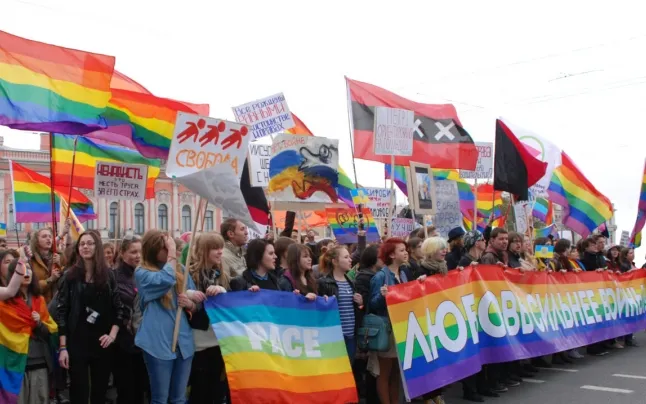
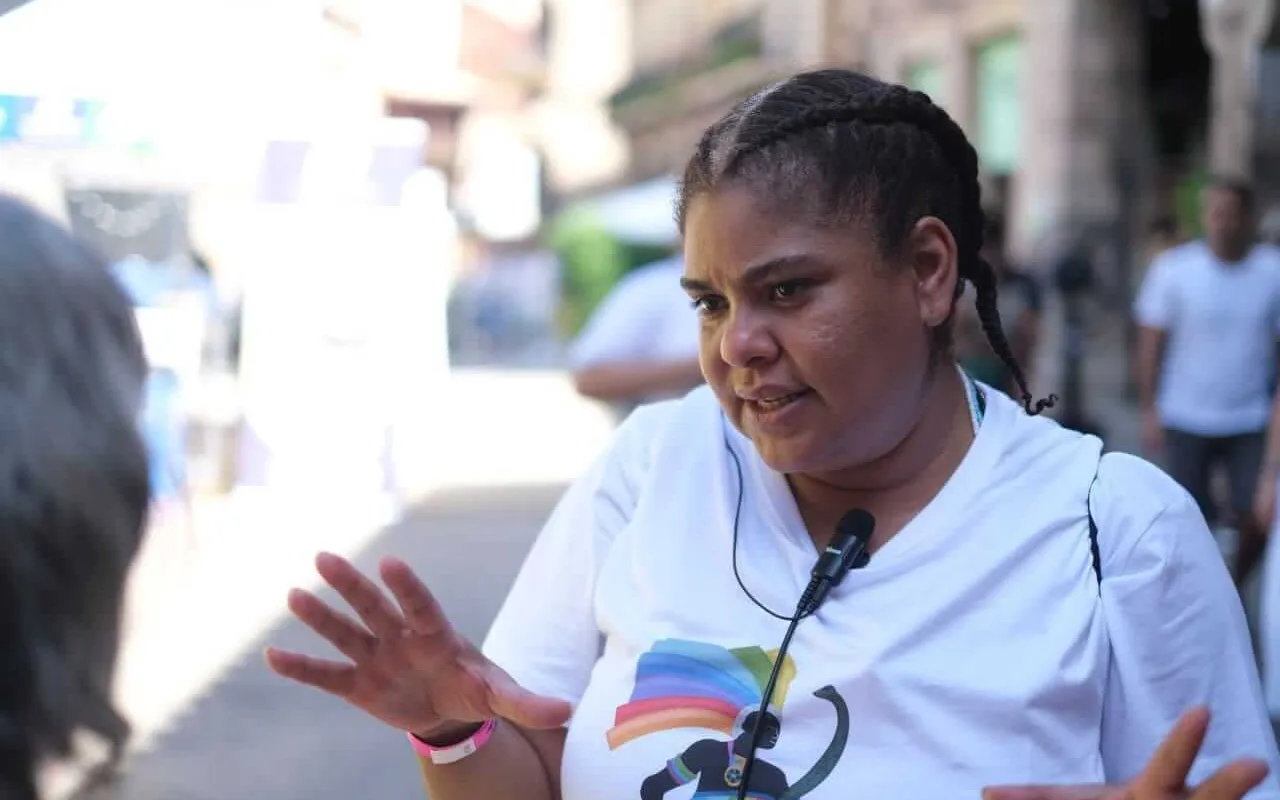
Add new comment